
Get the real learning experience for free today
We want you to be confident in your purchase, so go ahead and watch our free videos to see why thousands of people love our course! To try a sample lesson, click the button below.
FREE SAMPLEOnline Course
Enrol in our award-winning online course today to
stand out in the veterinary medicine interview and get your place.




 reviews
reviews





Your time is valuable.
So we’ve summarised it for you!
In this section, we cover how to approach your Vet MMIs, including the importance of communication and how to approach different role play scenarios. We’ve provided examples of MMIs for you to practise your skills.
In this first tutorial, we’ll look at some example scenarios and the potential difficulties that could arise. We’ll go through how to handle these in a professional manner.
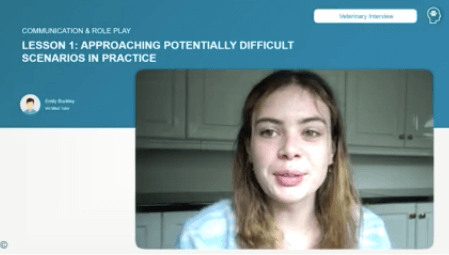 Buy Now
Buy Now
As a vet, you will need to manage difficult patients and sometimes break bad news. In this session, we will go through some mock MMIs for you to practise and give some feedback as to how to best structure your answers.
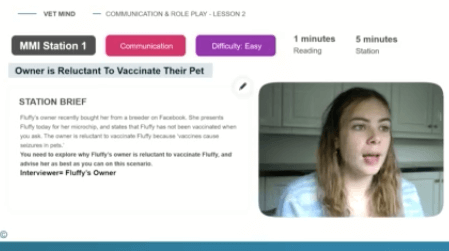 Buy Now
Buy Now
Within your MMIs you may come across picture description questions. These will test your communication skills. We will walk you through example questions and give advice on how to answer these questions with confidence.
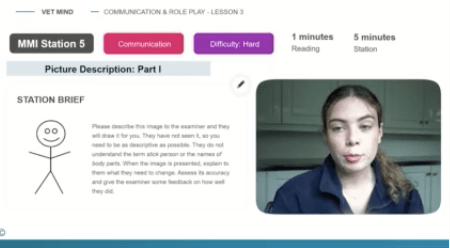 Buy Now
Buy Now
Within your Veterinary MMI, you are likely to be thrown a couple of questions that you weren’t expecting. While you cannot foresee what these are going to be, you can prepare and learn strategies for answering curveball questions. In this lesson, we’ll look at different questions such as canine diet and ethical considerations of dealing with owners that cannot speak English.
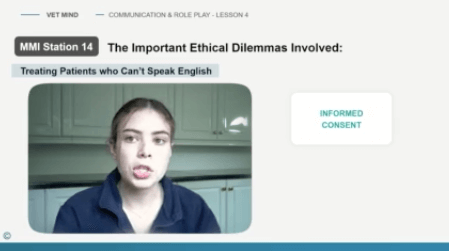 Buy Now
Buy Now
In this lesson, we provide a variety of walkthrough role-play scenarios with examples of good answers and pitfalls to avoid.
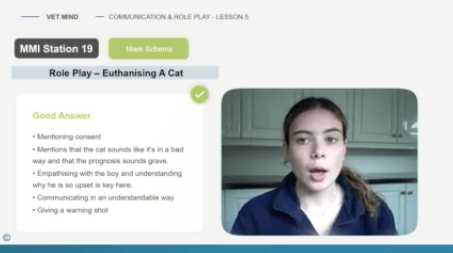 Buy Now
Buy Now
Let’s put our learning into action using real-world MMI scenarios. We will go over these with you and show you the best method to deal with them step by step. The advantage here is that you get real insight from tutors who have been on the other side of the interview previously!
 Buy Now
Buy Now
Let’s put our concepts into action with real-world MMI scenarios. We will walk you through them step by step. The advantage here is the real insight you get from tutors who have been on the other side of the interview previously!
 Buy Now
Buy Now
Let’s put our concepts into action with real-world MMI scenarios. We will walk you through them step by step. The advantage here is the real insight you get from tutors who have been on the other side of the interview previously!
 Buy Now
Buy Now
We’e got more MMI station practice and how to answer them on our course, including personality and skills, image stations and other data stations.
 Buy Now
Buy Now
In this section, we will look at various mock MMIs and provide role-play MMIs for an average and model candidate so you can analyse each video and build up a set of strategies for answering questions in MMI stations. We’ll also take you through some specific Oxbridge mock interviews where candidates are asked medical questions.
we have more mock stations available on our course, which go through stations on topics such as medical mistakes, advice, ethics, news stories and data interpretation.
 Buy Now
Buy Now
One of the main reasons Vet medical schools have interviews is they want to see what sort of Vet doctor you will make which is often hard to tell from aptitude tests and A-Levels. Here we will show you how to display your compassion, empathy and organisation skills which will make you a perfect Vet doctor.
Using the 5 steps of Medic Mind, you will be able to answer multiple personality questionnaires with the same responses! It will also allow you to come across as confident and coherent, as well as demonstrate your diverse set of skills.
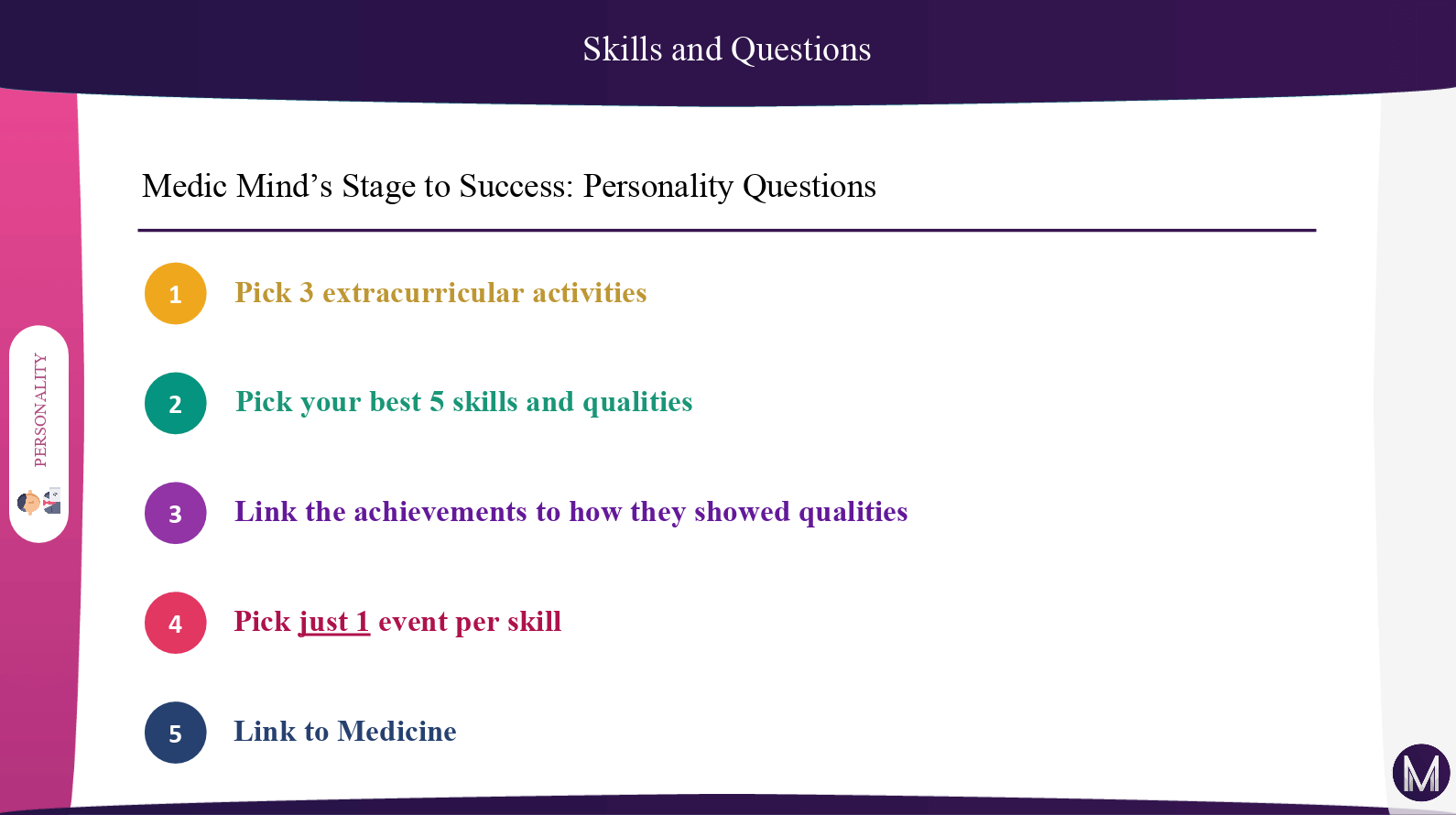 Buy Now
Buy Now
We discuss the standard “Who is your role model?” issue as well as the significance of sympathy and understanding as a veterinarian. Interviewers frequently chose applicants with a high level of emotional intelligence to discern between different candidates, which we will look at here.
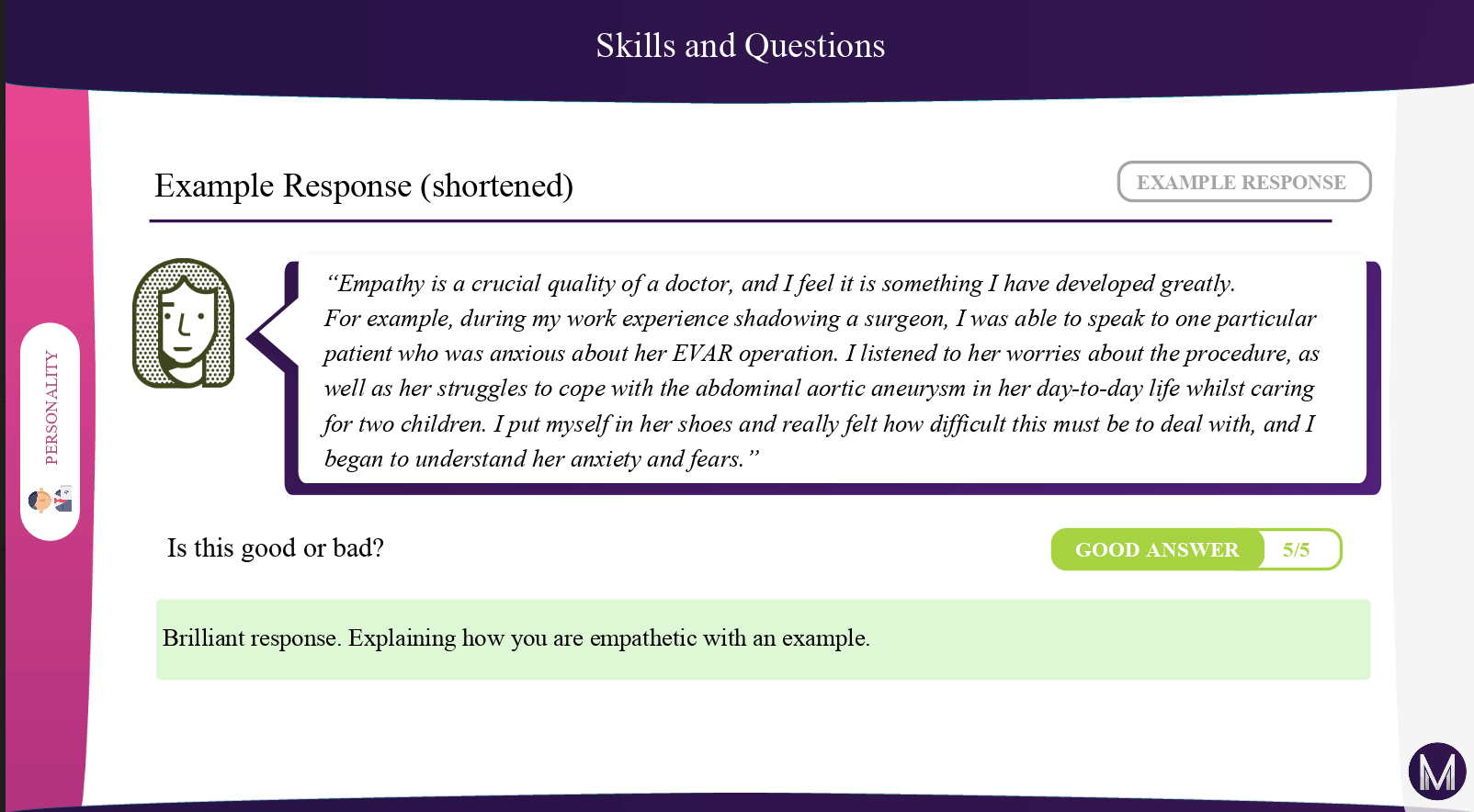 Buy Now
Buy Now
Working in a team is essential for a veterinarian, and we look at circumstances in which you have worked in a team. We’ll talk about why this is significant in a veterinary medical setting and how it relates to what you’ve studied in earlier veterinary medicine motivation courses. Along with working as a team, you must demonstrate clear leadership and consider examples of how you could have improved your approach to team leadership.
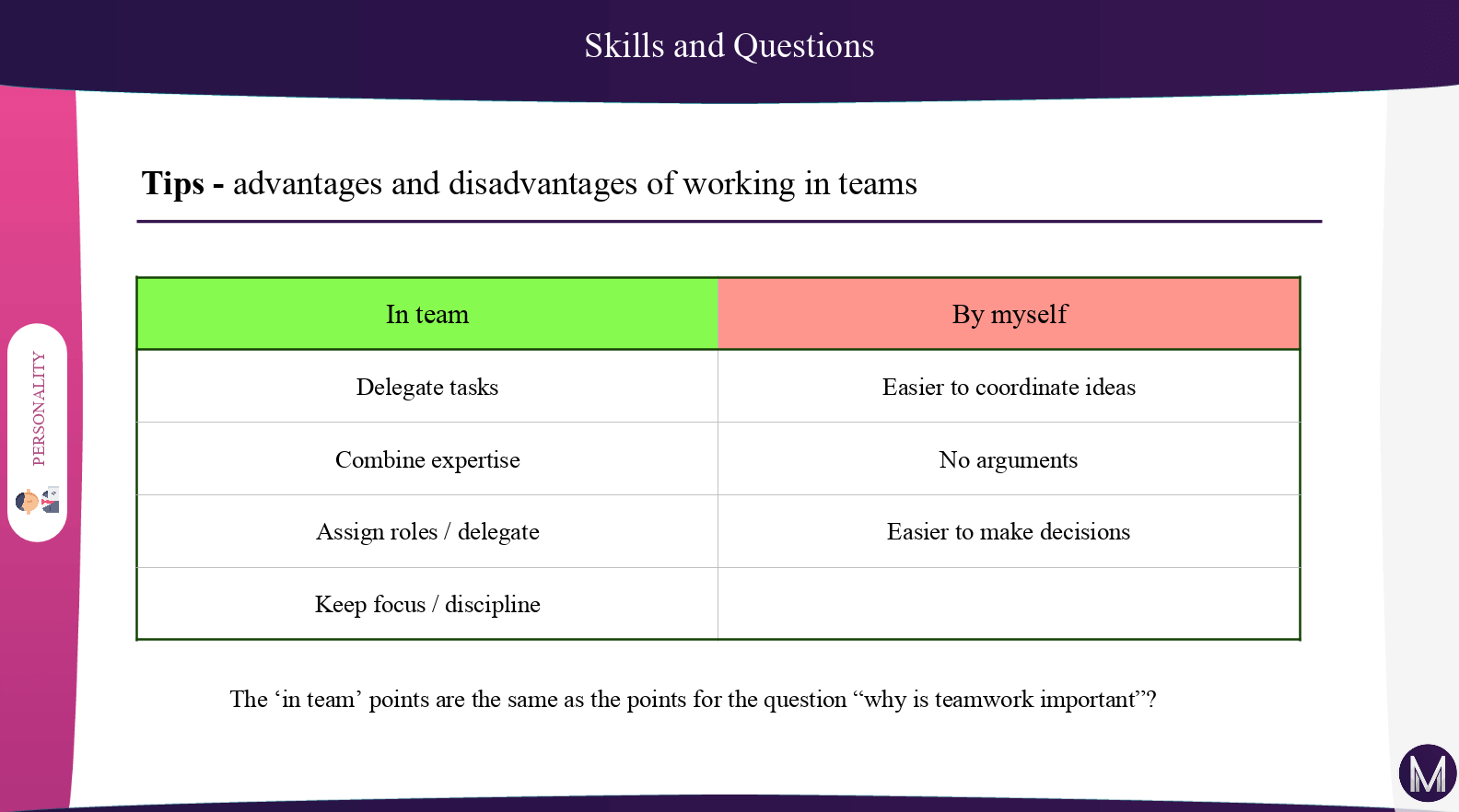 Buy Now
Buy Now
Vet school may be stressful, and institutions want to make sure you can handle the pressure. They’re interested in how you organise yourself and manage your time. They want to see that you have a life outside of veterinary care, and we will test you on possible issues relating stress and some of the difficulties faced by vet professionals, particularly beginning veterinary surgeons.
 Buy Now
Buy Now
After you’ve absorbed all of the information so far, we’ll go over several scenarios that will put you to the test. This entails a combination of MMI and direct questioning. You will receive feedback on your work thus far and will meet with your teacher to identify areas in which you need to develop further.
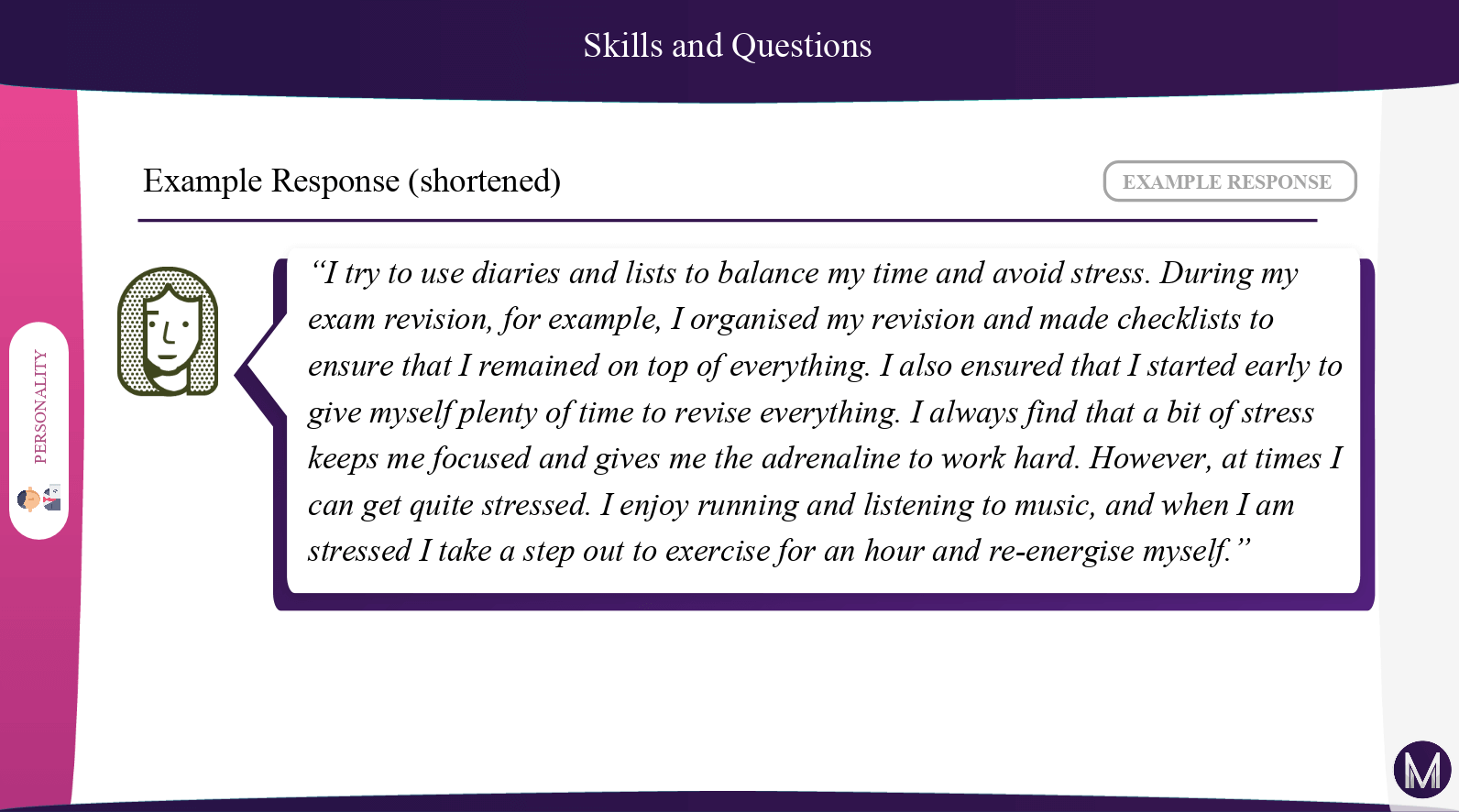 Buy Now
Buy Now
You will almost certainly be questioned about some general reading you have done outside of veterinary medicine, as well as why you chose the A-Levels you did. You may be questioned about what you have learned so far in sixth form and how you want to continue this forward into vet school.
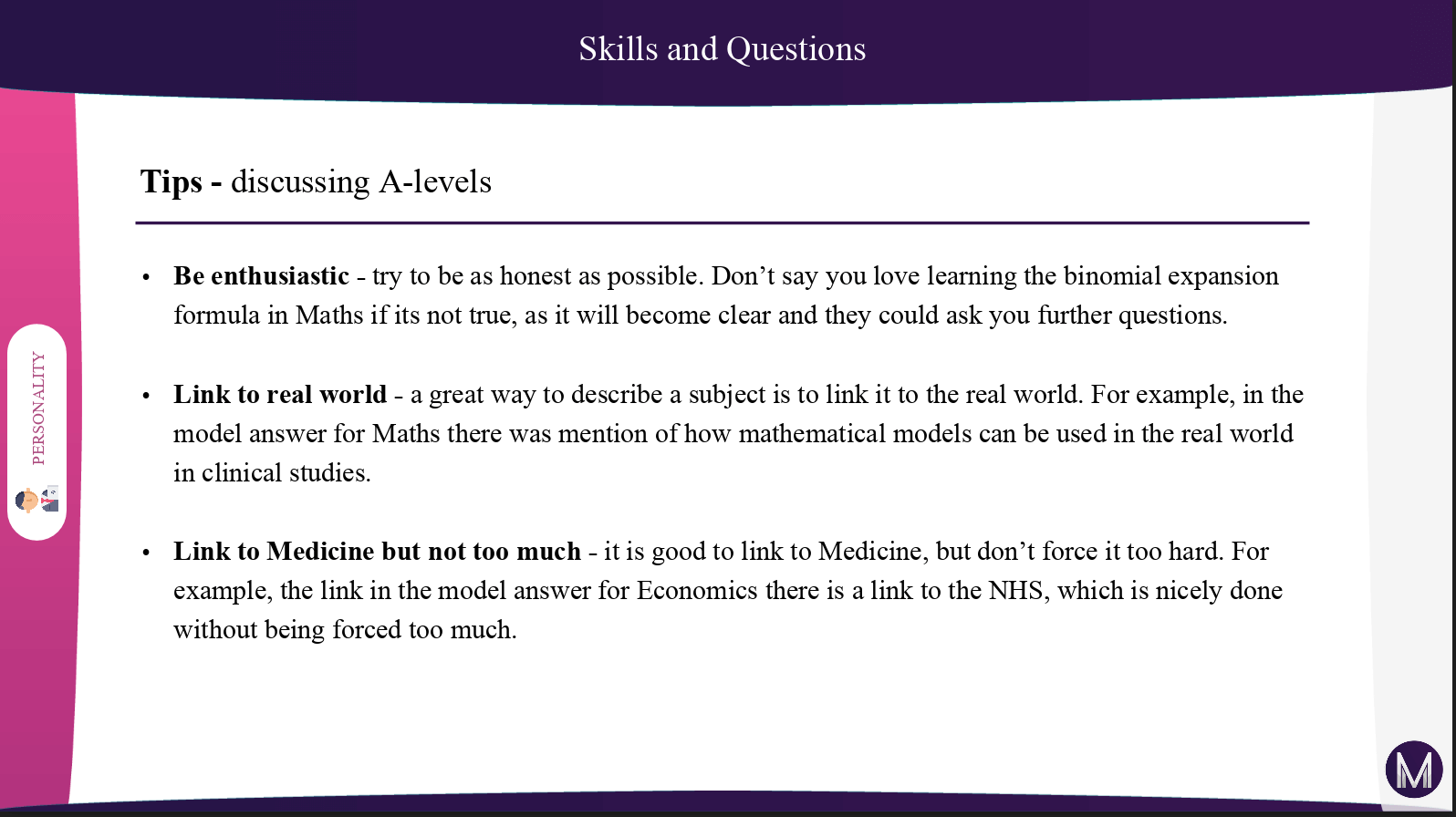 Buy Now
Buy Now
This is our most demanded lesson! We assist you in dealing with some of the most unexpected events and questions. These are true stations that have come up at universities, ranging from being asked who you would invite to a dinner party to where you would travel in the world!
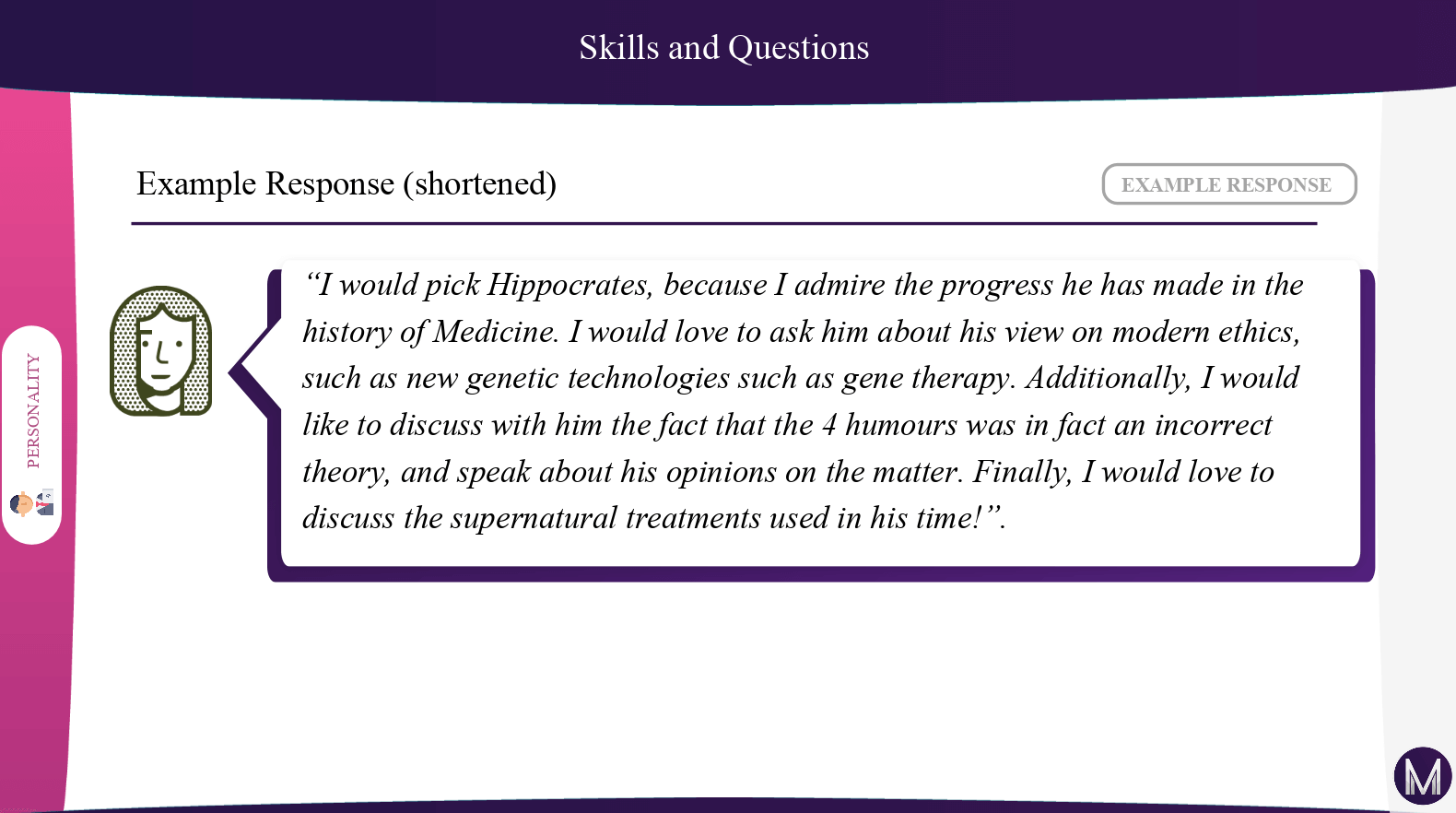 Buy Now
Buy Now
Let’s put our work to practice with real MMI scenarios. We will go through these together with you and show you step-by-step the best way of tackling them. The benefit here is the real insight you get from tutors who have been on the other side of the interview before!
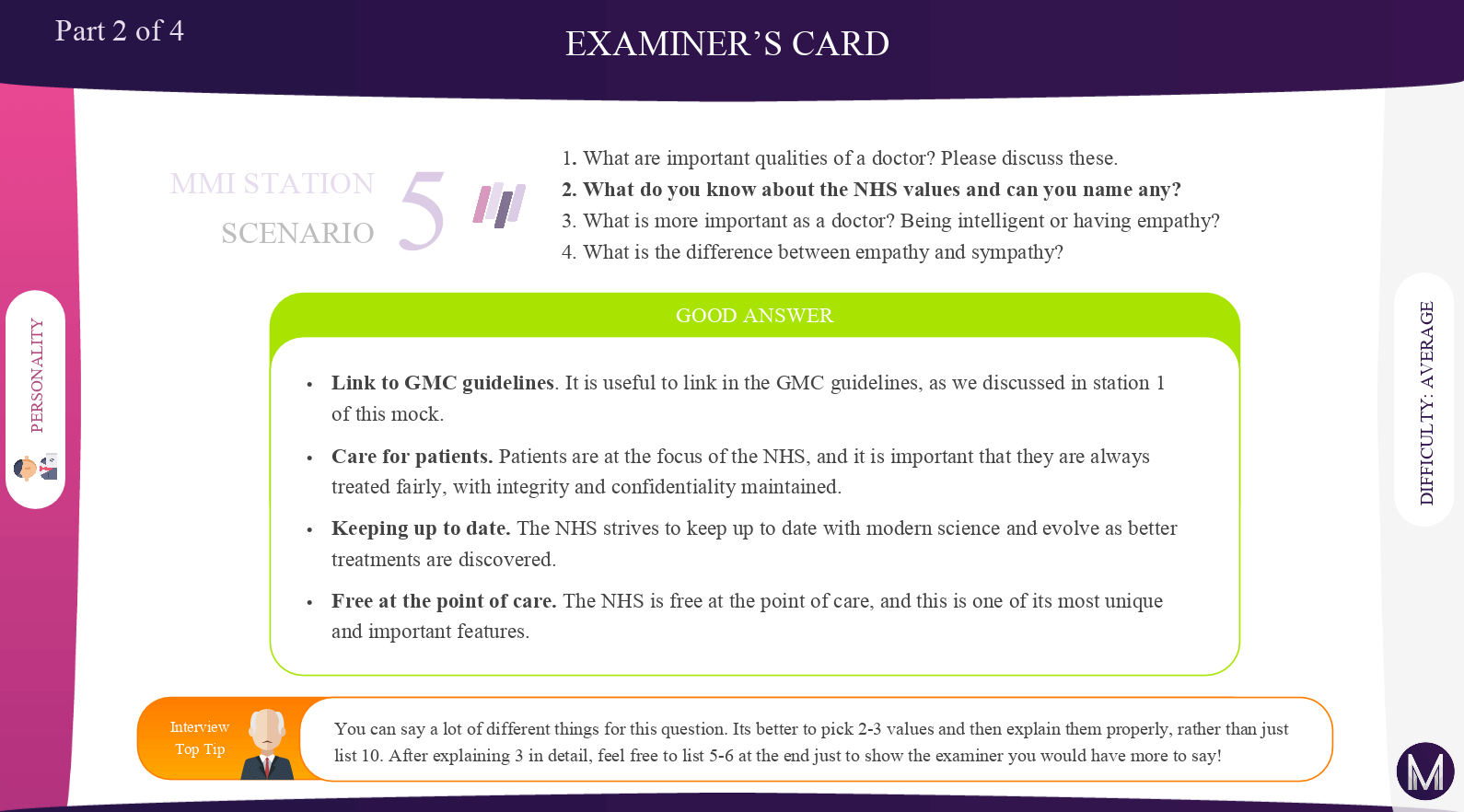 Buy Now
Buy Now
Let’s put our work to practice with real MMI scenarios. We will go through these together with you and show you step-by-step the best way of tackling them. The benefit here is the real insight you get from tutors who have been on the other side of the interview before!
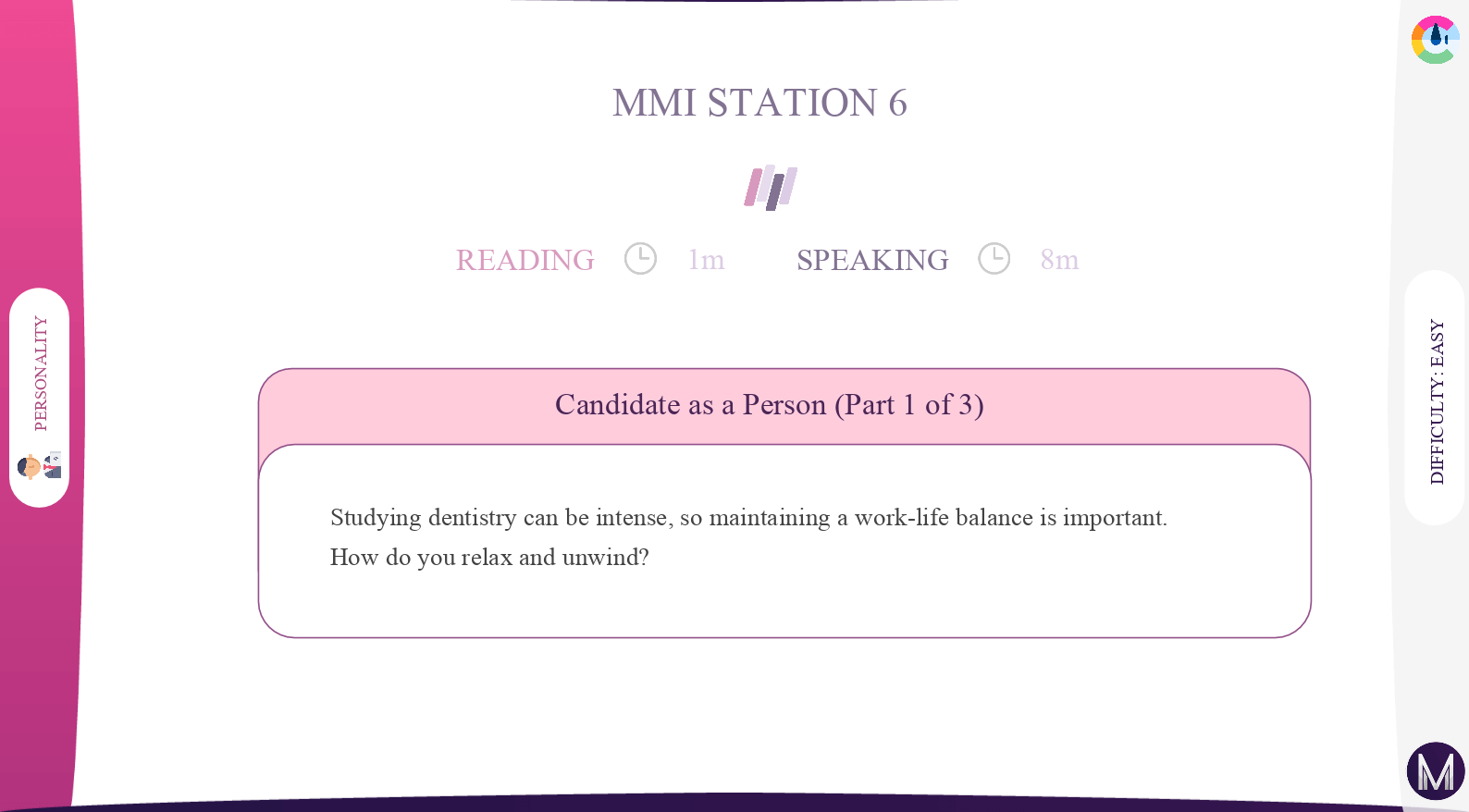 Buy Now
Buy Now
You’ll dive into the deep end with mocks! You’ll have a go at the station which we will record and then watch back together analysing areas you did really well and areas you need to work on!
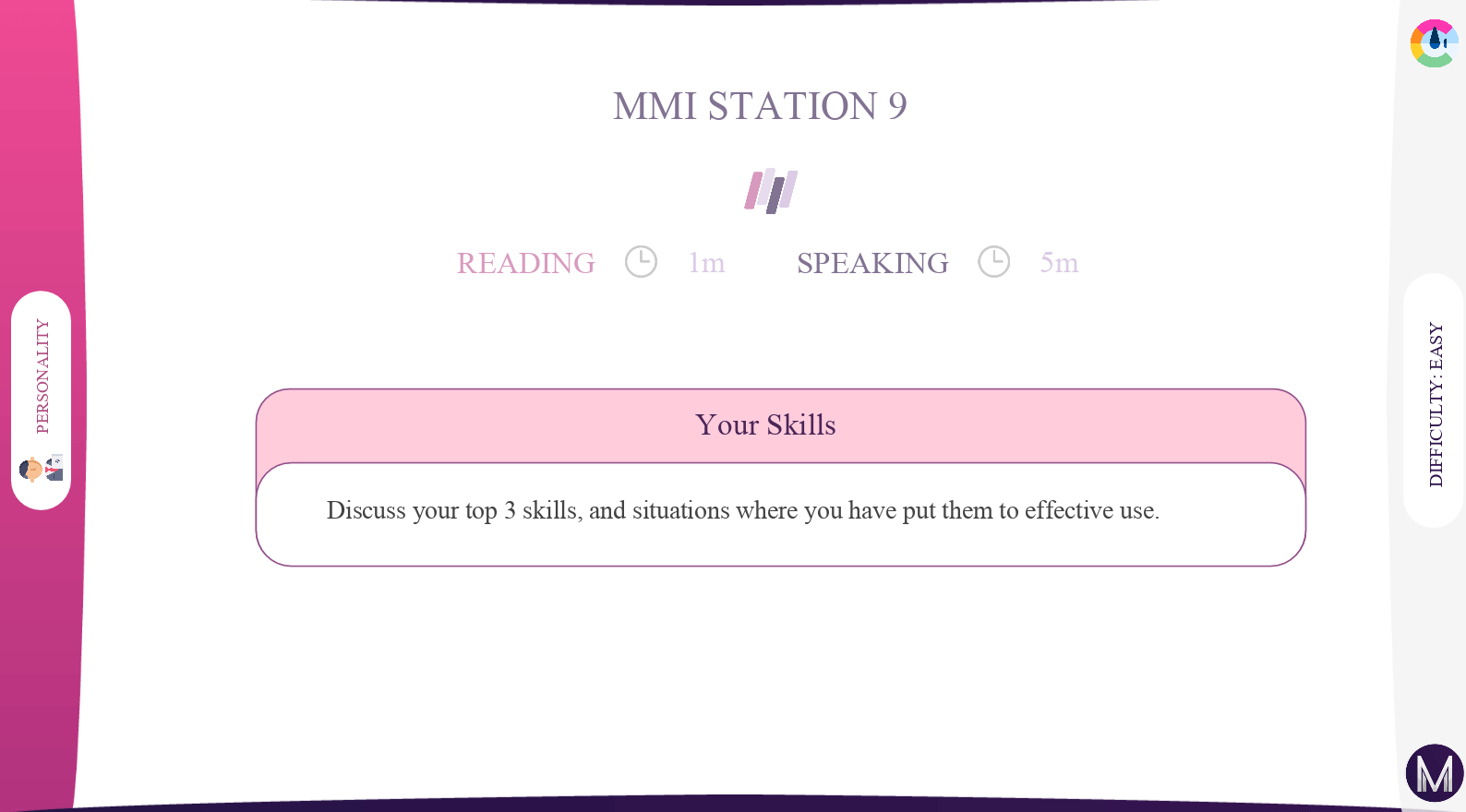 Buy Now
Buy Now
You’ll dive into the deep end with mocks! You’ll have a go at the station which we will record and then watch back together analysing areas you did really well and areas you need to work on!
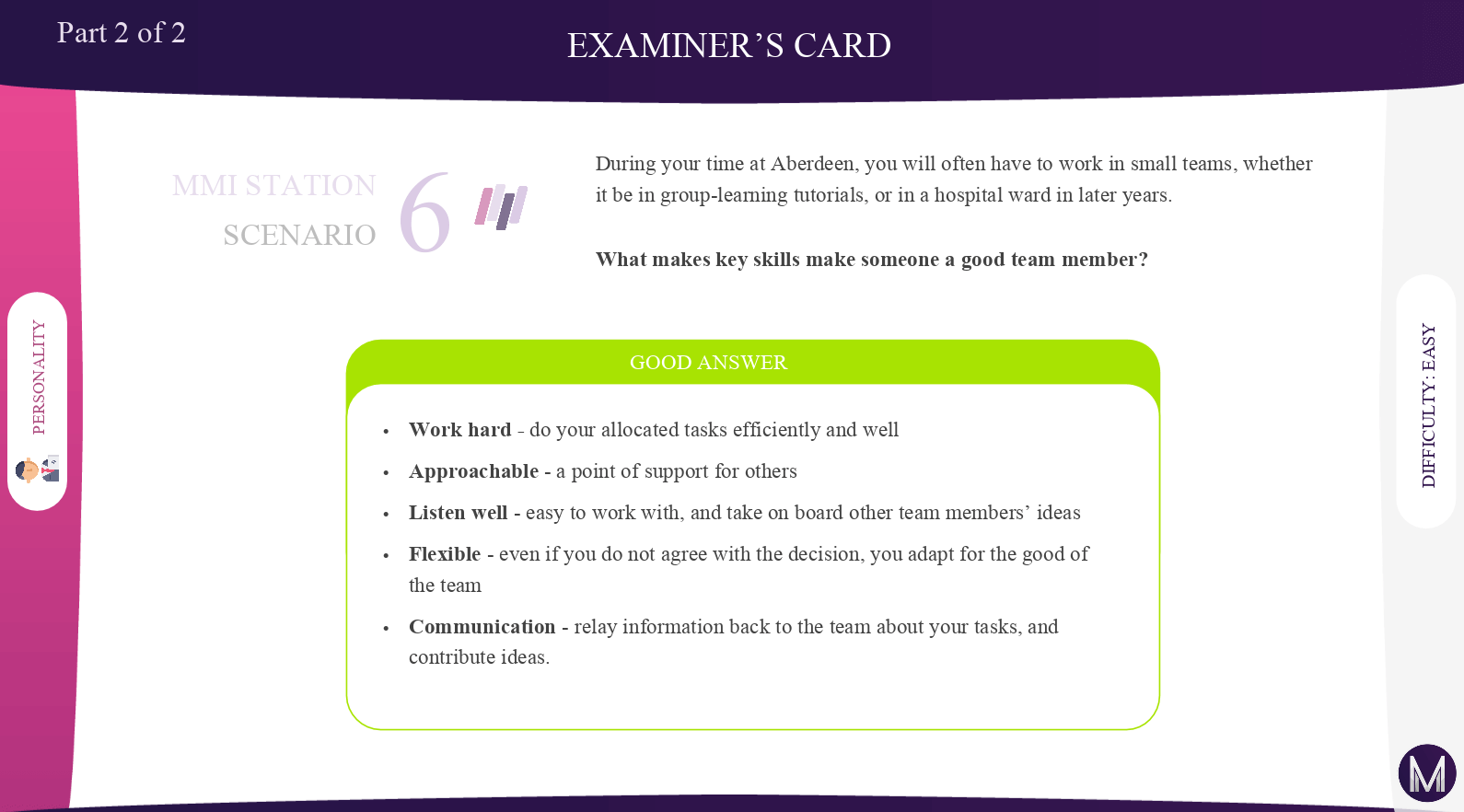 Buy Now
Buy Now
It is quite likely you will get an MMI station which focuses on work experience and you need to be able to draw on what you have done and go beyond what you have already written on your personal statement. This is why we particularly focus on what you have written on your personal statement and ensure we’ve covered all possible questions you will get asked.
In this section, we will look at how to use the STARR framework while answering questions about work experience. It is critical to be able to arrange your queries properly, and employing this format allows us to develop replies that will impress the interviewers. Before going through the 10+ questions in the interview handbook, we’ll look at excellent and bad answers in specific.
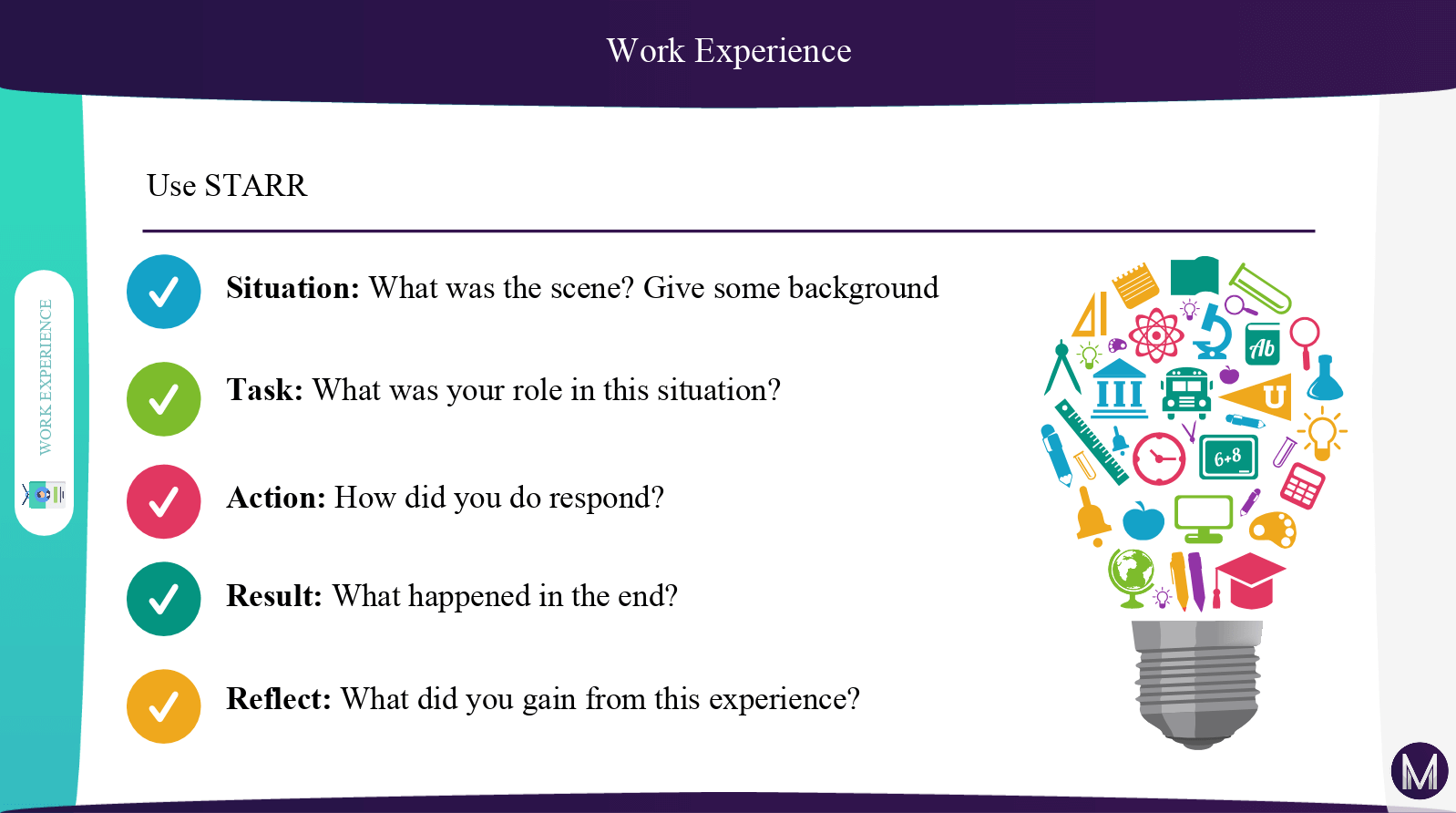 Buy Now
Buy Now
In this section, we will go through how work experience MMI or panel interviews function. We will assess your work experience and simulate the type of scenario you would encounter in a veterinary interview.
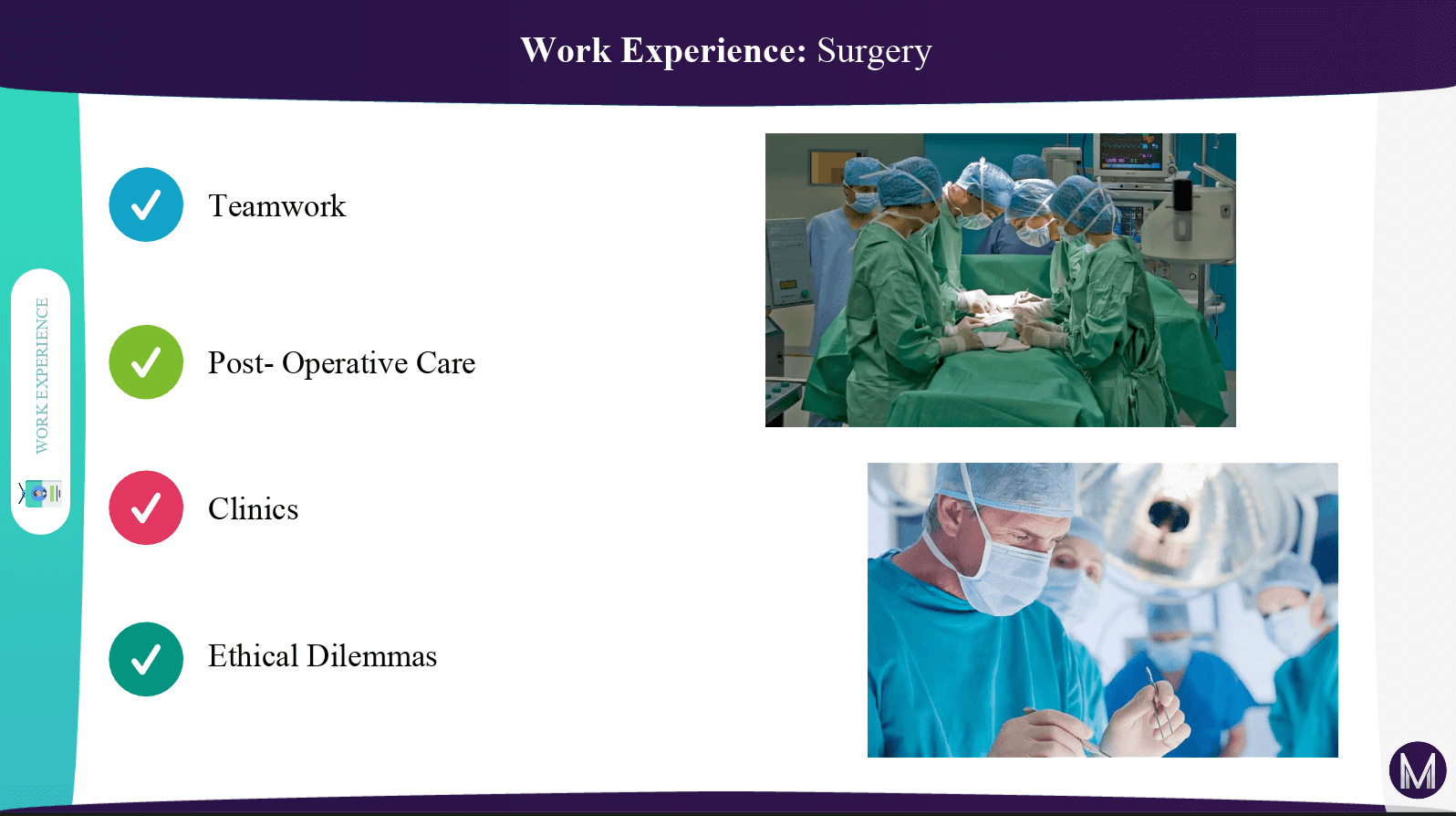 Buy Now
Buy Now
Have you ever worked in a small animal practise that is more clinic-based? Then we’ll rehearse the types of questions that veterinary schools prefer to ask about those in small animal clinics here.
 Buy Now
Buy Now
Work experience in big animal practises, such as a stable, farm, kennel, or rescue centre, is typical. Veterinary schools love this and want to know what experience you have in challenging situations.
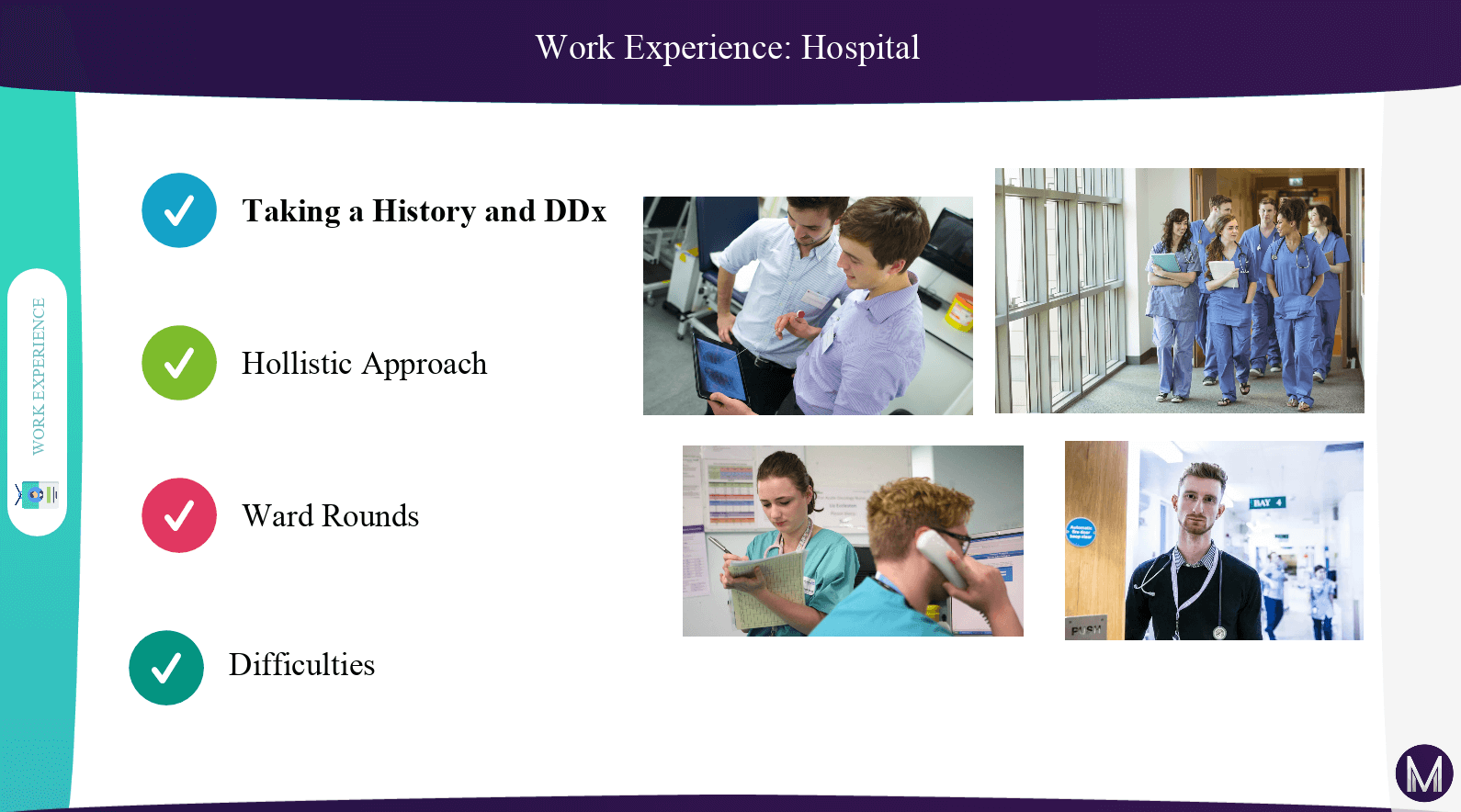 Buy Now
Buy Now
Let’s put our learning into action using real-world MMI scenarios. We will go over these with you and show you the best method to deal with them step by step. The advantage here is that you get real insight from tutors who have been on the other side of the interview previously!
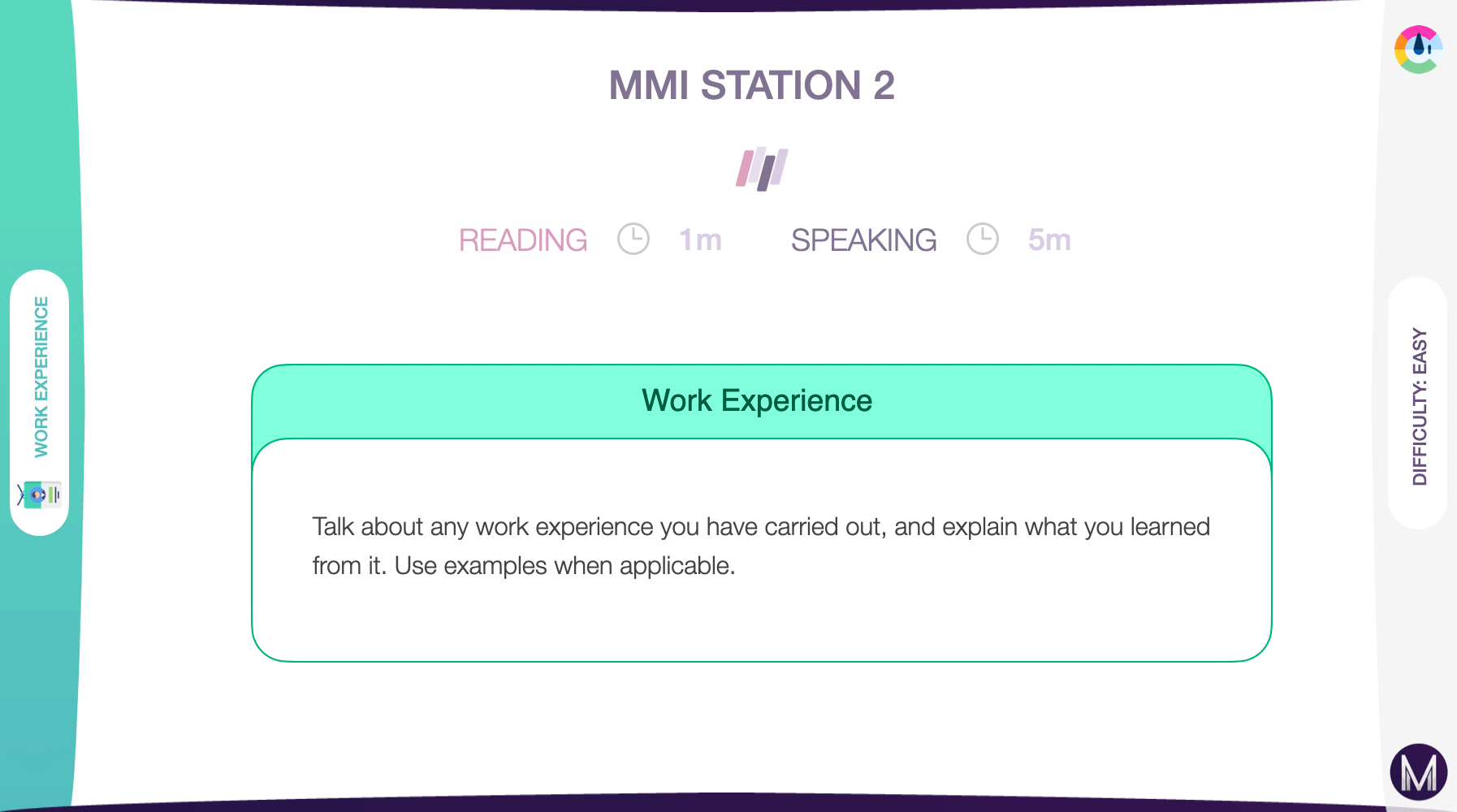 Buy Now
Buy Now
Let’s put our work to practice with real MMI scenarios. We will go through these together with you and show you step-by-step the best way of tackling them. The benefit here is the real insight you get from tutors who have been on the other side of the interview before!
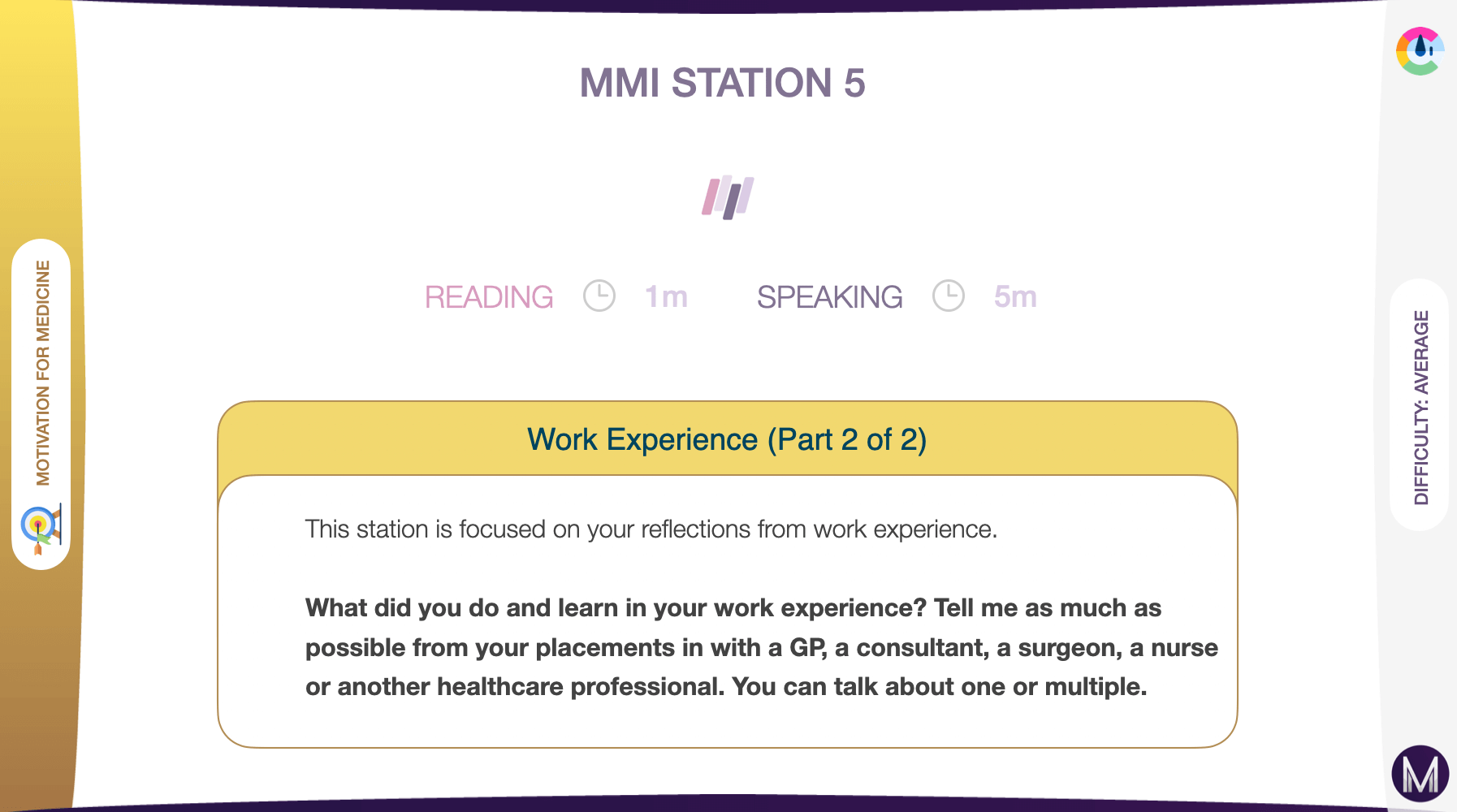 Buy Now
Buy Now
You’ll dive into the deep end with mocks! You’ll have a go at the station which we will record and then watch back together analysing areas you did really well and areas you need to work on!
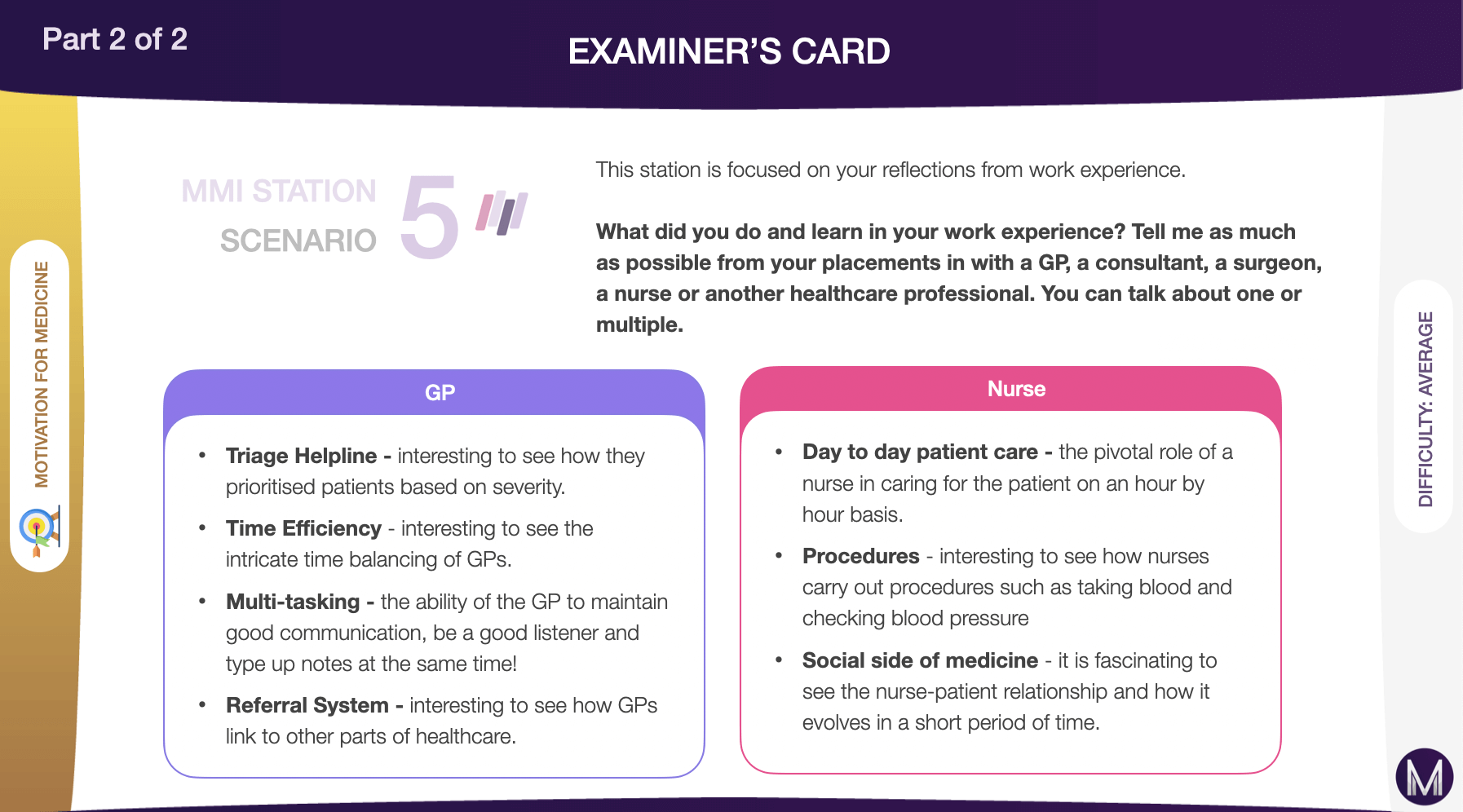 Buy Now
Buy Now
You’ll dive into the deep end with mocks! You’ll have a go at the station which we will record and then watch back together analysing areas you did really well and areas you need to work on!
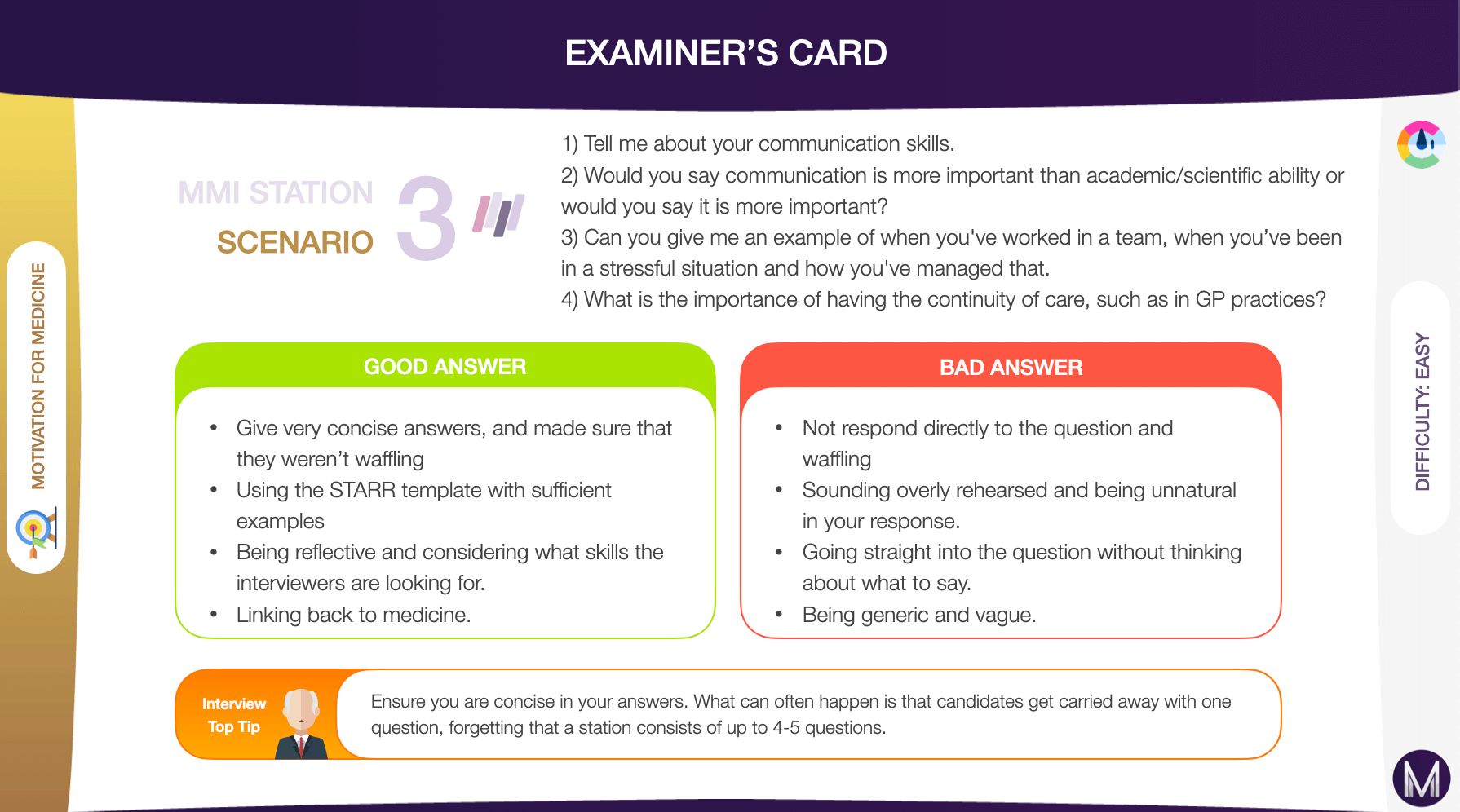 Buy Now
Buy Now
As a veterinarian, you will almost certainly be highly busy most of the time, with several jobs to complete at the same time. As a result, it is critical that you are able to prioritise various duties in terms of which are the most urgent/need to be completed first, and this is frequently assessed in MMI interviews.
Prioritisation is the process of determining which of a number of tasks is the most important and must be completed first. This will be covered in the first lesson.
As a vet, you will most likely have several duties on your daily to-do list, and all of them are vital to some level. We will demonstrate how to prioritise tasks.
Some colleges conduct group interviews in which numerous MMI stations are tested in one. You might be asking how you can incorporate prioritising into a group interview if you have to communicate with people you don’t know and have no idea how significant their priorities are.
Let’s put our work to practice with real MMI scenarios. We will go through these together with you and show you step-by-step the best way of tackling them. The benefit here is the real insight you get from tutors who have been on the other side of the interview before!
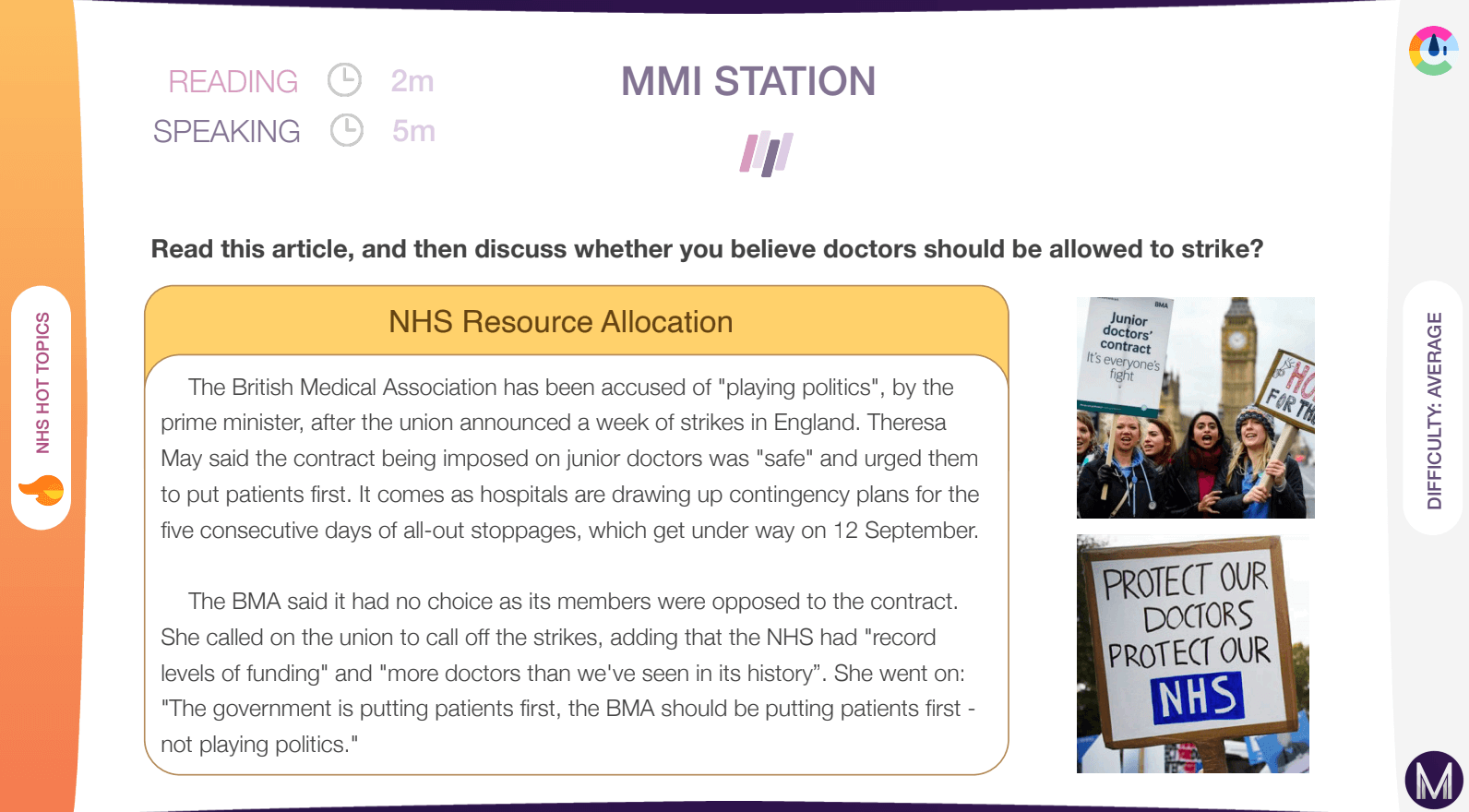 Buy Now
Buy Now
Let’s put our work to practice with real MMI scenarios. We will go through these together with you and show you step-by-step the best way of tackling them. The benefit here is the real insight you get from tutors who have been on the other side of the interview before!
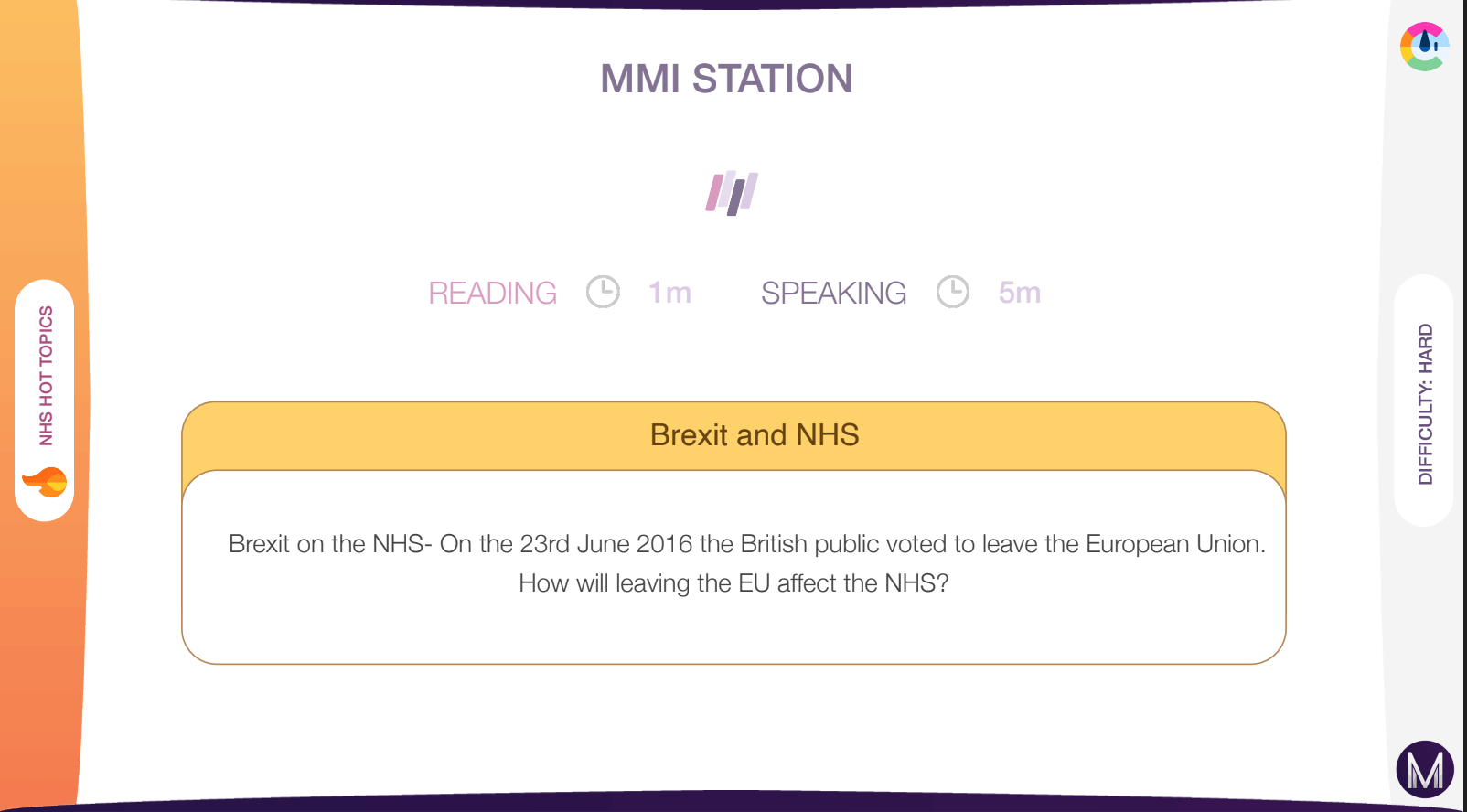 Buy Now
Buy Now
You’ll dive into the deep end with mocks! You’ll have a go at the station which we will record and then watch back together analysing areas you did really well and areas you need to work on!
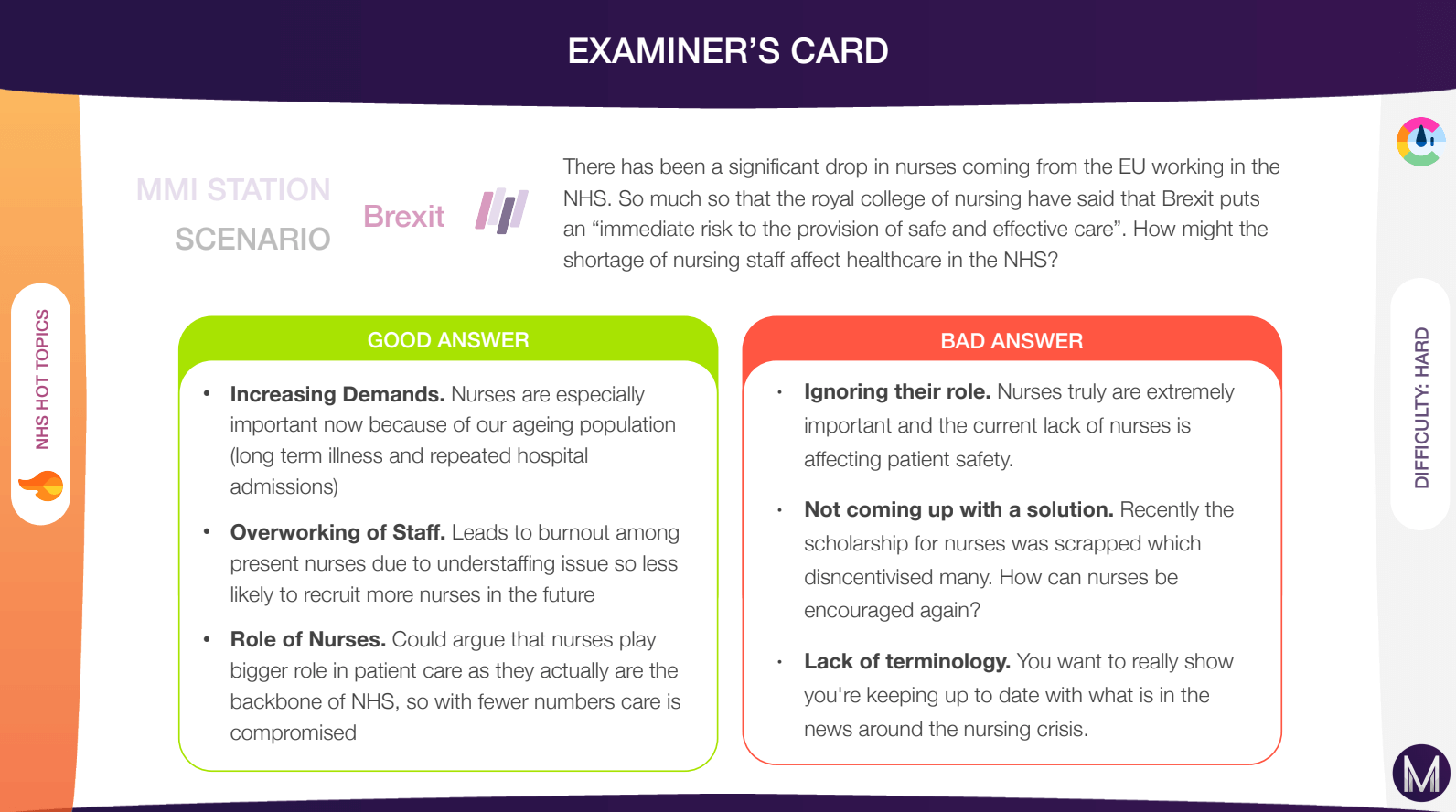 Buy Now
Buy Now
You’ll dive into the deep end with mocks! You’ll have a go at the station which we will record and then watch back together analysing areas you did really well and areas you need to work on!
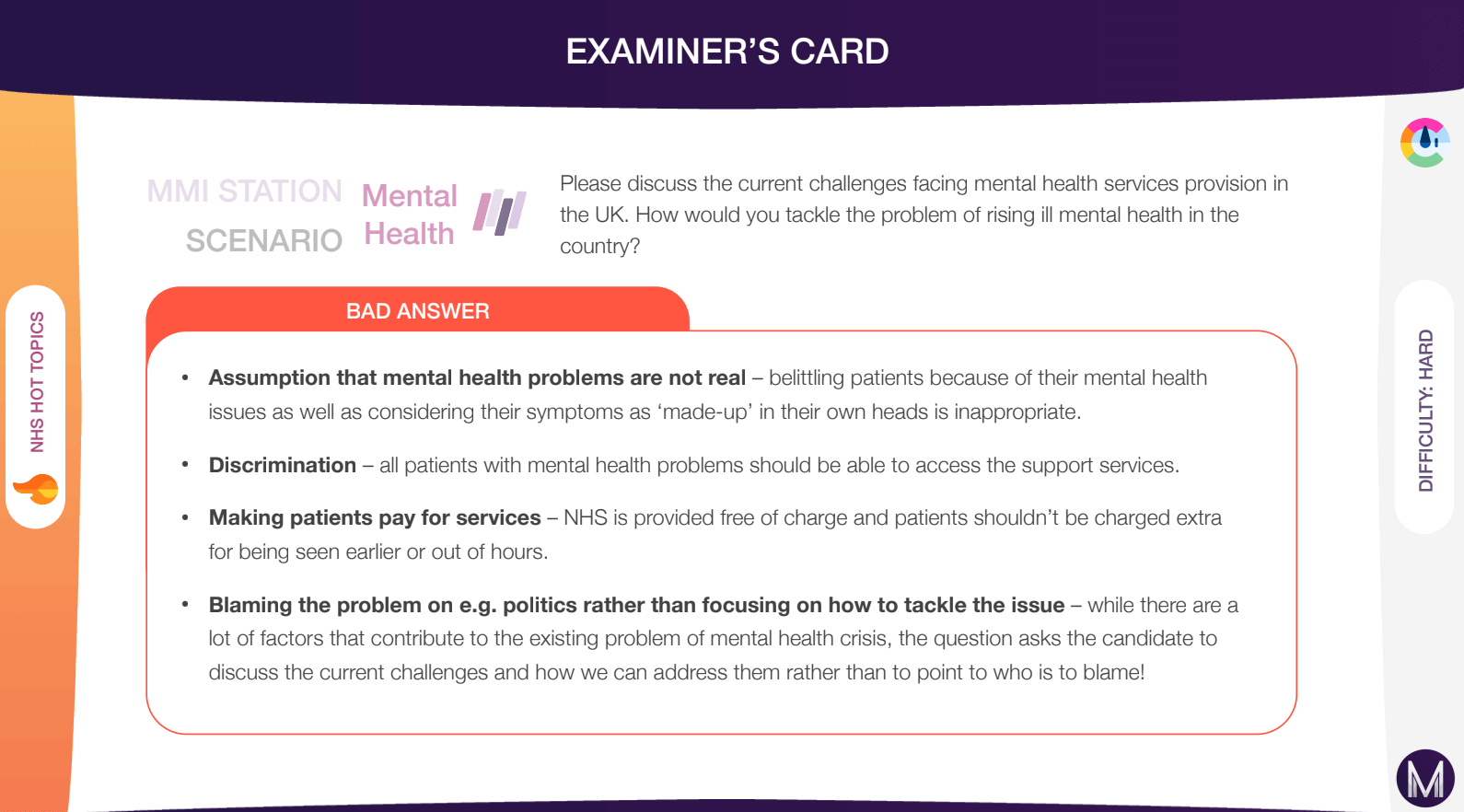 Buy Now
Buy Now
This section covers the most difficult aspect of the interview: Veterinary Ethics. Veterinary ethics accounts for a significant portion of the degree, and much of this subject is dependent on your personal opinions, as there is frequently no ‘right’ solution.
This session will introduce you to the different types of ethical challenges that veterinarians encounter, as well as how to approach any ethical questions you may be asked during your interview. Do not be concerned if you are faced with an ethical quandary in an interview that you have not encountered before and are unsure of.
When asked about an ethical issue during an interview, the major focus is not whether you delivered the ‘right’ answer or whether the examiner agrees with what they think to be true. What is being judged here is your ability to rationalise and support a position while presenting a balanced argument.
To assist put some of the issues we’ve talked about above into context, we’ll go over an example of an ethical MMI station and how you may approach it using what we’ve learned thus far.
Let’s put our work to practice with real MMI scenarios. We will go through these together with you and show you step-by-step the best way of tackling them. The benefit here is the real insight you get from tutors who have been on the other side of the interview before!
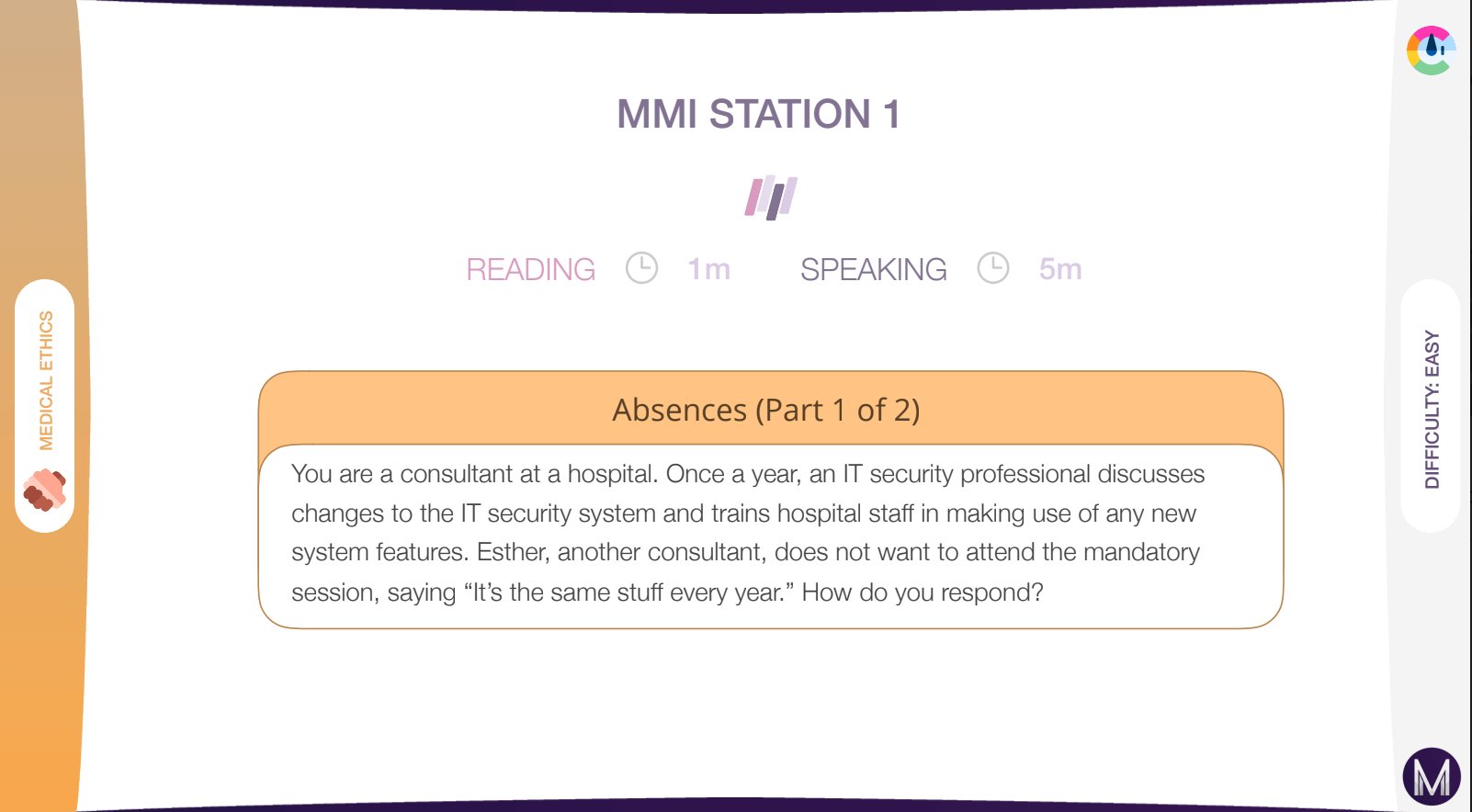 Buy Now
Buy Now
Let’s put our work to practice with real MMI scenarios. We will go through these together with you and show you step-by-step the best way of tackling them. The benefit here is the real insight you get from tutors who have been on the other side of the interview before!
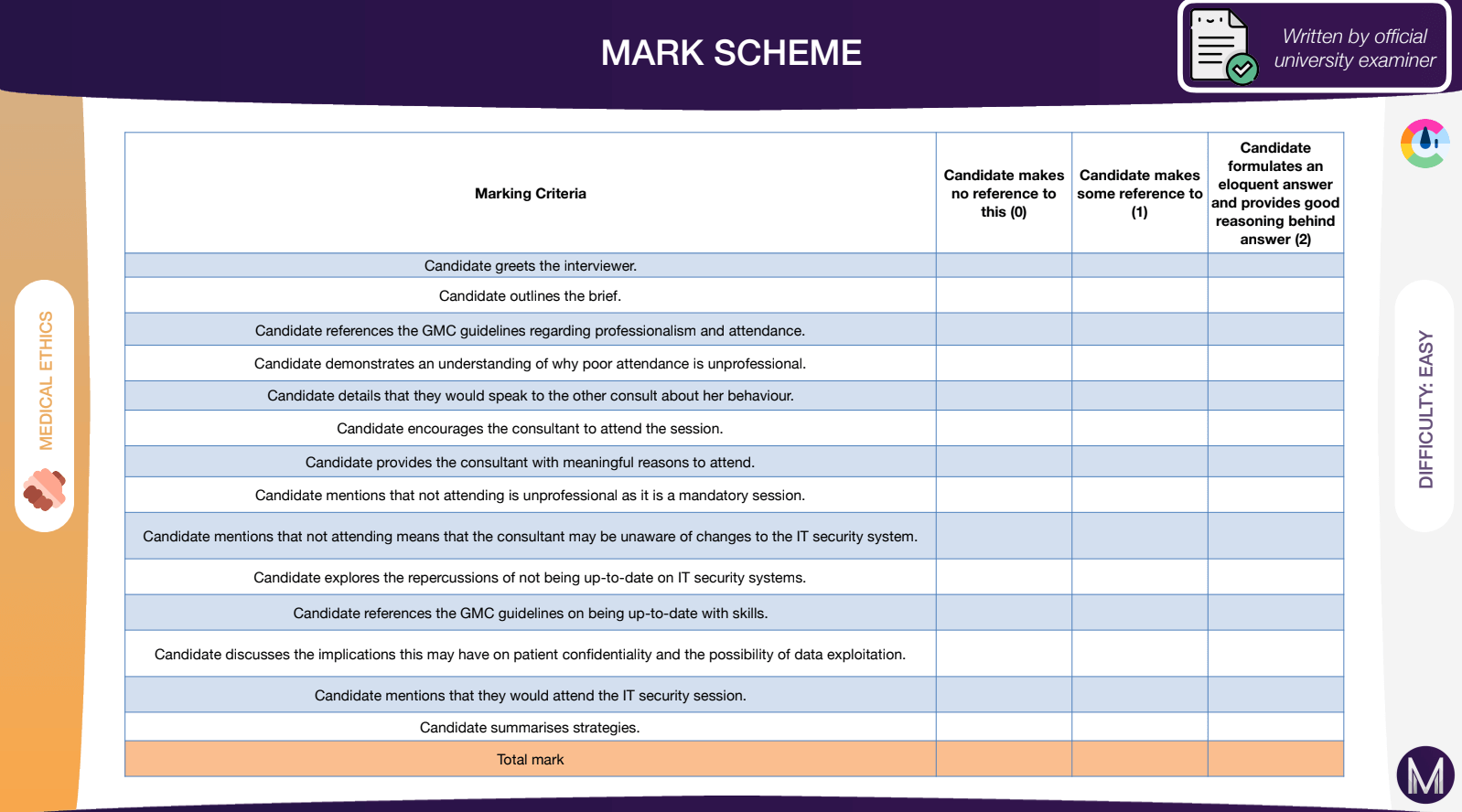 Buy Now
Buy Now
You’ll dive into the deep end with mocks! You’ll have a go at the station which we will record and then watch back together analysing areas you did really well and areas you need to work on!
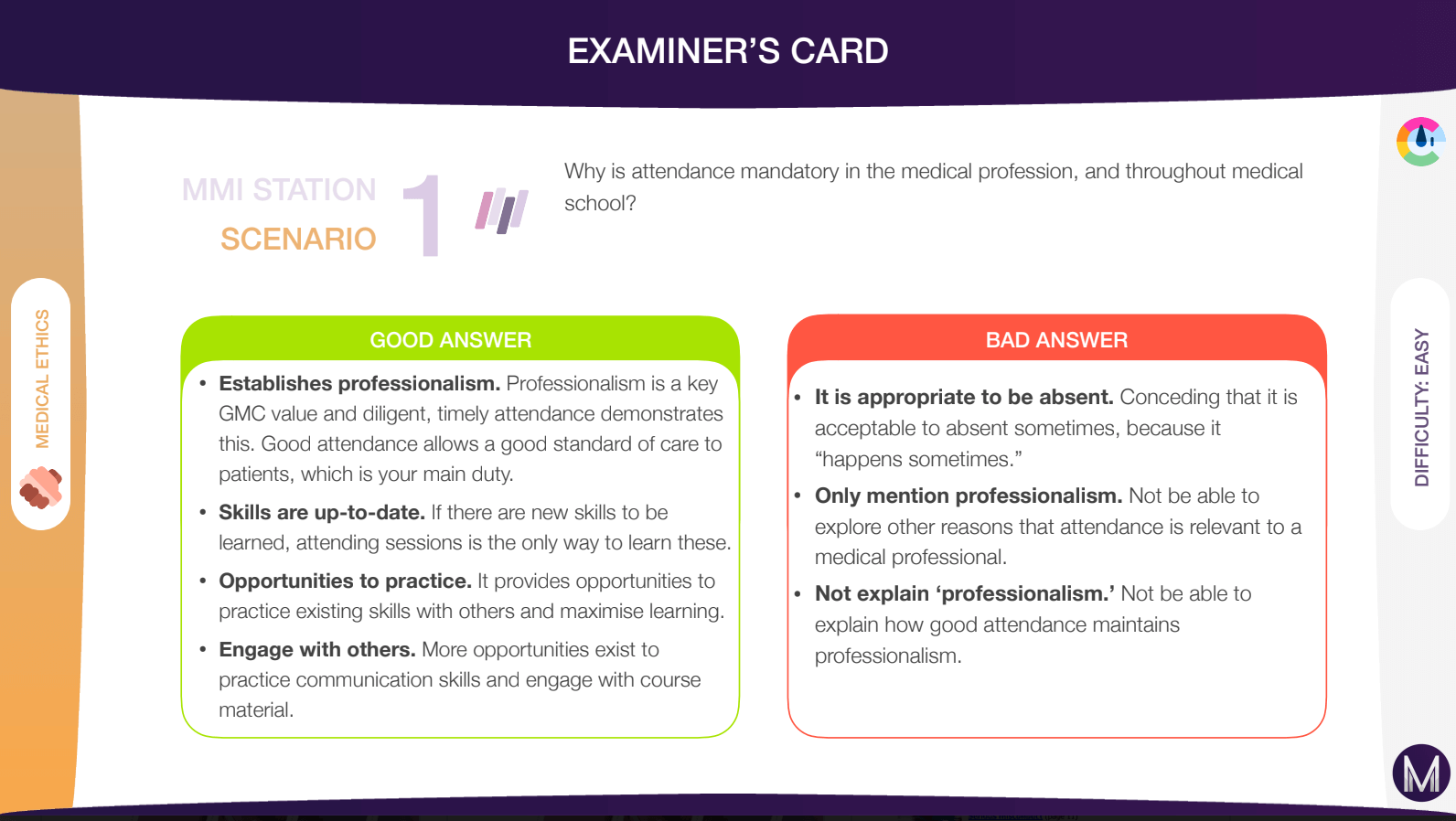 Buy Now
Buy Now
You’ll dive into the deep end with mocks! You’ll have a go at the station which we will record and then watch back together analysing areas you did really well and areas you need to work on!
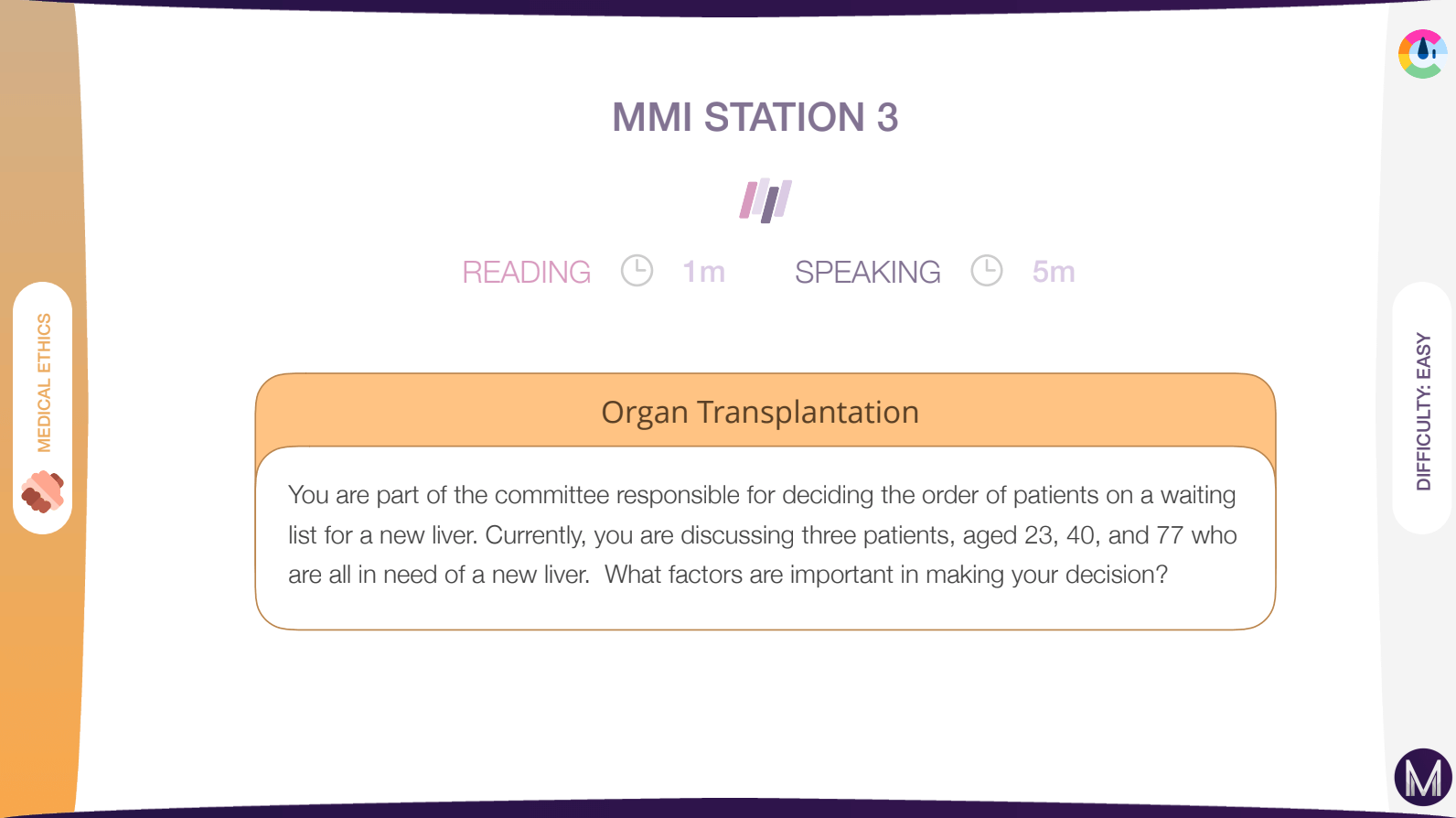 Buy Now
Buy Now
During your MMI interview, you may encounter an anatomy station, and it is natural to feel nervous about having to name structures you are unfamiliar with (after all, this is what you came to vet school to learn). The next classes will walk you through how to answer an anatomy question if you come across one without having to swallow a textbook.
We will provide a list of questions to help you solve anatomy stations when revising for interviews.
You will learn how to approach anatomy stations from the professionals in veterinary medicine interviewed – Remember that they are not necessarily assessing your anatomical knowledge, but rather your ability to deal with situations where you may not know the correct answer.
We will go over ways to demonstrate to the examiner that you have a logical systematic way of thinking that will help you deduce what the structure is.
We will practise an example of an MMI station seen in veterinary medicine.
We will practice an example of the sort of MMI station you would get in veterinary medicine.
We will practice an example of the sort of MMI station you would get in veterinary medicine.

Take a look at this short video to see how 1-on-1 tutoring can help you nail your applications! The extra text has been added here to make more room.

Try one of our free classes today to get a true learning experience!
FREE SAMPLE
If you're ready and keen to get started click the button below to book your first 2 hour 1-1 tutoring lesson with us. Connect with a tutor from a university of your choice in minutes. (Use FAST5 to get 5% Off!)
Buy Now for £70